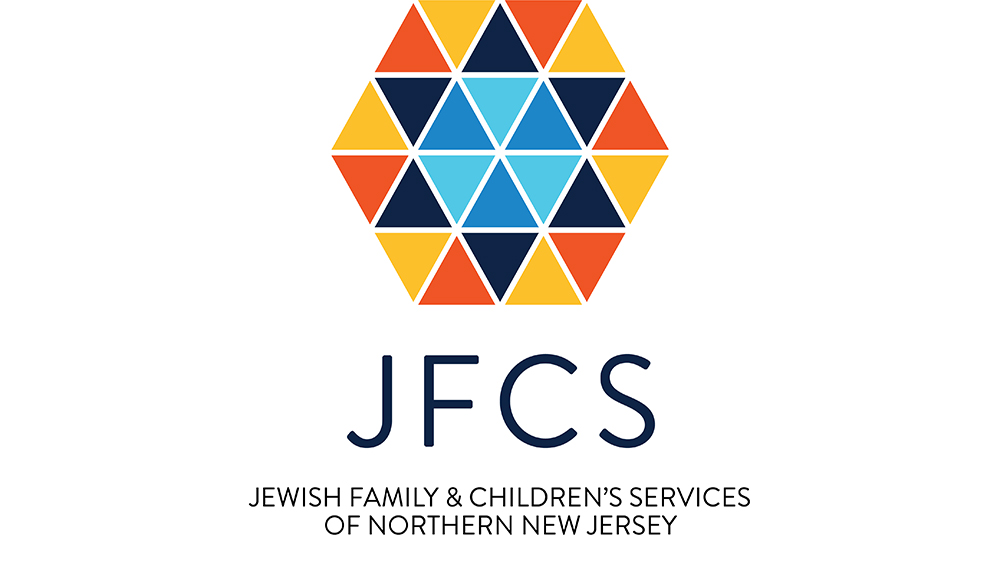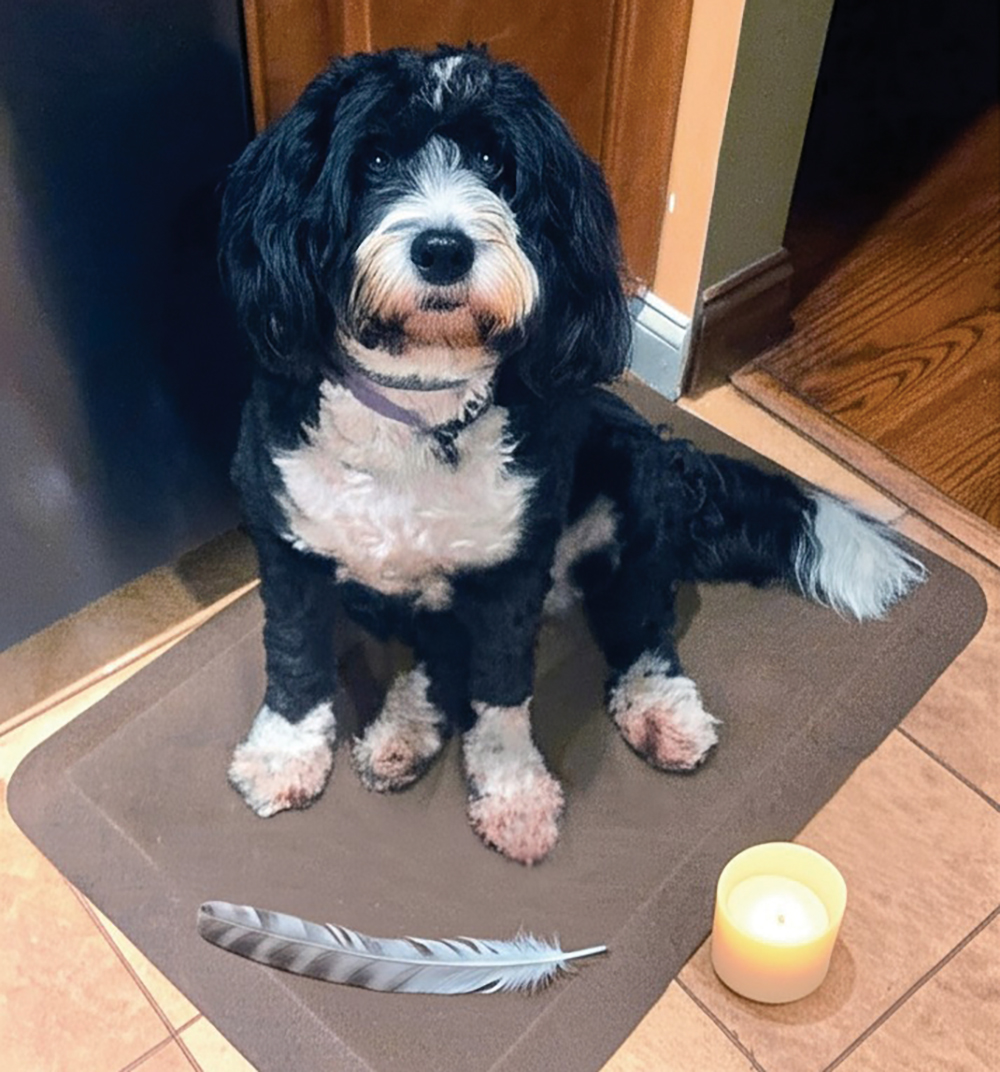Eddie Murphy. Dr. Ruth Westheimer. Don Imus. Howard Stern. Soupy Sales. Marv Albert. David Letterman. Chuck Scarborough. All of us are employees of NBC. These are the people for whom I interned and worked for, the people with whom I rode the elevators and shared the same breathing space. The years were 1982-1986, and they were lofty years that I hoped would fulfill boyhood dreams.
But what do you do when God gives you a talent that you can’t use? When the one extra-special gift He has bestowed upon you—in my case being a sportscaster—is a gift that you can’t embrace or fully utilize because the gift requires you to use your talents on Shabbos and yom tov?
When I was only 5, I would walk around the house in my best little radio voice saying, “Mom, tell Dad what he’s won right here on The Price is Right.” By age 12 I was sitting by myself in Shea Stadium in an empty corner, doing play by play of Mets games into a tape recorder. By age 16, I was an intern at WYNY radio in New York, helping a tiny, fascinating German Jewish woman named Ruth Westheimer to do her Sunday night broadcasts. At age 18 I was sitting in Howard Stern’s office helping him plan a show. Two years later, after having spent many intoxicating evenings in the presence of the aforementioned stars of radio and TV, I was producing sports talk radio and pro games for 66 WNBC. At the end of Rangers hockey games, the great Marv Albert would thank “our producer Robert Katz back at the studio.” Outside NBC’s home at 30 Rockefeller Plaza, I came face to face in the field with the likes of Tom Seaver, Billy Martin and George Steinbrenner, to name but a few.
And then came the hammer. In the spring of 1986, two young colleagues and I were sitting around and shooting the breeze. Their names: Mike Breen and Bob Papa. Mike is now the world famous voice of the NBA on ABC and ESPN and does TV games for the Knicks, while Bob Papa is a fixture as the radio voice of the New York football Giants. This was my “chevra.”
In walks Dale Parsons, the 66 WNBC Radio Program Director, to our little shared space and announces that a show slot has opened up suddenly and that he needs a fill-in talk show host. He was prepared to offer it to one of us. He wanted our demo-tapes on his desk by the next morning. After lots of hooting and hollering that our big chance had arrived, a sudden dreaded thought hit me. “Dale,” I asked, when is the open slot? I knew the answer with every fabric of my body, and I was right. “Saturday midday, 1-5 p.m.” came the answer. I was crushed. This was not the first time, “but it may well be the last time,” I recall saying to myself.
The year was 1986. I was 21. There was no Internet. Cable TV was in its infancy, and nearly all college sports were played exclusively on Shabbat. Stay or go? Follow “The Dream” or follow “The Tradition?” The answer was clear. Follow The Tradition—the mesorah of your parents and grandparents and who knows how many others before you—and walk away, hoping and praying that the Good Lord will help you find your way.
So, what do you do when you have a God given talent that you can’t use? You reach deep inside and try as hard as you can to discover and appreciate whatever else God has given you.
There’s a great Hebrew saying— “Eem Kvar Az Kvar” —if you’ve already been dealt a hand, you may as well play it. If I was leaving behind my career choice because of Shabbos, I might as well put my energies into doing something openly identifiable with who I am and to help my own people. So I thought I’d be good at marketing, pursued and got my MBA, and decided that rather than become an Executive Vice President for IBM or AT&T or Google, I rather become Chief Development Officer for a place like OHEL Children’s Home and Family Services, and put whatever other (limited) skills I had to use for the betterment of the Jewish Community.
And so dear reader, know you know how I got here. I looked up and said, “Thanks, but no thanks”.
Was it all worth it? Is God happy with me? Or is He mad at me for not taking his offer and running with it and seeing how it would have played out so that maybe I could have been the first Shomer Shabbat play-by-play man in NBA history? Or I have done enough by working for the Jewish Community over my last 25 years-plus to merit some sort of peace of mind? Feel free to discuss among yourselves. Personally? I’d really like to find out, after 120 years. Maybe there’s even a job waiting for me…it would have to be Angels’ play-by-play.
Robert Katz has been a Bergen County resident for 25 years and has been a Jewish communal professional since graduating Yeshiva Unversity in 1985. He can be reached for comments at: rkatz_jewishlinkbc.com
By Robert Katz












